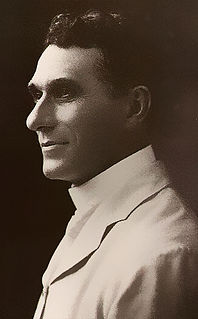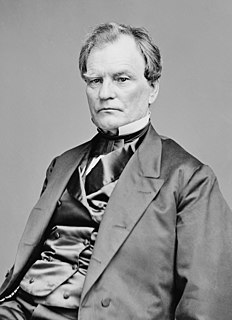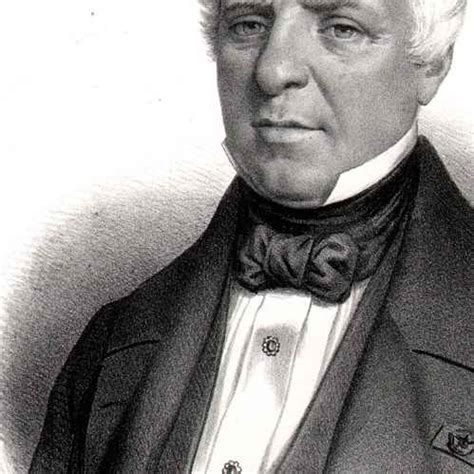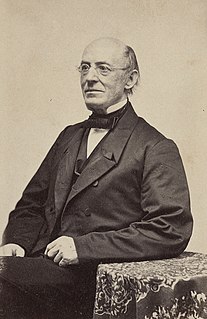A Quote by Socrates
How can you call a man free when his pleasures rule over him.
Related Quotes
The thing that was forfeited in the garden was regained. God gave him [Adam] dominion over the works of His hand. God made him His understudy, His king to rule over everything that had life. Man was master, man lived in the realm of god. He lived on terms of equality with God. God was a faith God. All God had to do was to believe that the sun was, and the sun was. All God had to do was to believe that the planets would be, and they were. Man belonged to God's class of being - a faith man, And he lived in the creative realm of God
The threat to man does not come in the first instance from the potentially lethal machines and apparatus of technology. The actual threat has already affected man in his essence. The rule of Enframing threatens man with the possibility that it could be denied to him to enter into a more original revealing and hence to experience the call of a more primal truth
To free a man from suffering, he must be set right, put in health; and the health at the root of man's being, his rightness, is to be free from wrongness, that is, from sin. A man is right when there is no wrong in him. I do not mean set free from the sins he has done: that will follow; I mean the sins he is doing, or is capable of doing; the sins in his being which spoil his nature — the wrongness in him — the evil he consents to; the sin he is, which makes him do the sin he does.
To abandon the struggle for private happiness, to expel all eagerness of temporary desire, to burn with passion for eternal things-this is emancipation, and this is the free man's worship... United with his fellow men by the strongest of all ties, the tie of a common doom, the free man finds that a new vision is with him always, shedding over every daily task the light of love.
Man is like a tree. If you stand in front of a tree and watch it incessantly, to see how it grows, and to see how much it has grown, you will see nothing at all. But tend it at all times, prune the runners and keep it free of beetles and worms, and all in good time-it will come into its growth. It is the same with man: all that is necessary is for him to overcome his obstacles, and he will thrive and grow. But it is not right to examine him hour after hour to see how much has already been added to his stature.
Capitalism demands the best of every man - his rationality - and rewards him accordingly. It leaves every man free to choose the work he likes, to specialize in it, to trade his product for the products of others, and to go as far on the road of achievement as his ability and ambition will carry him.
A certain ultra-dignified gentleman of unusual prominence carried himself so stiffly that nobody felt free to call him by his first name. He quarreled with a friend of earlier days and from then on the two never spoke. The day the friend died an associate found the ultra-dignified gentleman staring through the window. When he came out of his reverie, he soliloquized with a sigh, ""He was the last to call me John."" Is any man really entitled to regard himself a success who has failed to inspire at least a goodly number of fellow mortals to greet him by his first name?









































